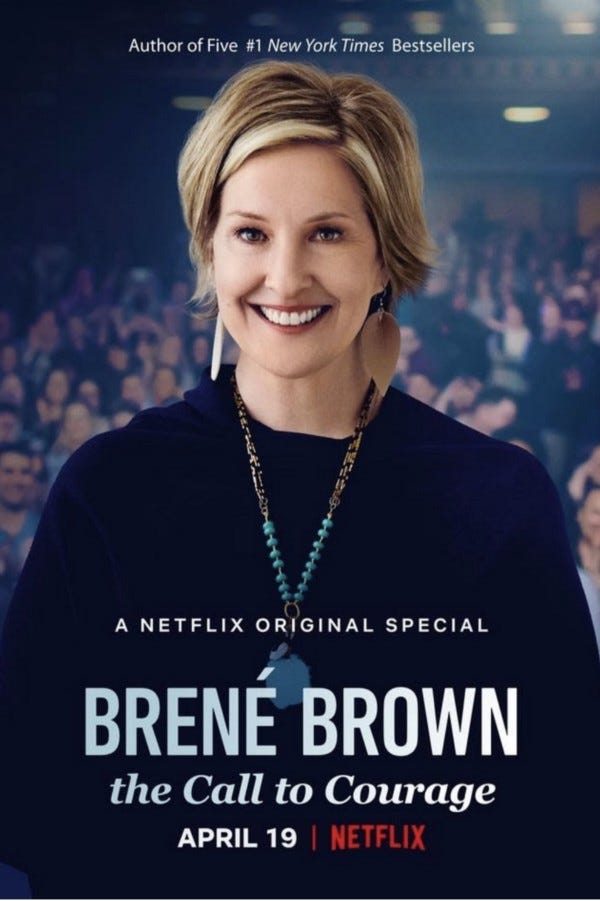Why You Need to be Vulnerable to Live Your Best Life
Brené Brown’s “The Call to Courage” (Netflix) is remarkable. She presents a master class on vulnerability, bravery, and what it takes to…

Brené Brown’s “The Call to Courage” (Netflix) is remarkable. She presents a master class on vulnerability, bravery, and what it takes to be courageous in a culture defined by fear, uncertainty and shame.
Vulnerability is not winning or losing; it’s having the courage to show up and be seen when we have no control over the outcome. It’s being the first to say “I love you.” You have to be willing to lean into discomfort and embarrassment to access the greatest joy and love.
I think men today need to hear this message. Our culture encourages young men to be strong, to show no weakness. From a young age we’re trained to seek perfection — the perfect resume, the perfect college, the perfect job, the perfect relationship.
But of course, none of us are perfect. We all wrestle with insecurities — money, looks, career and relationships. Real human connection requires courage, vulnerability. Admitting you don’t know. Confessing your true feelings. Putting yourself out there and taking a risk.
I’ve been meeting more people in NYC and LA who participate in men’s groups. Ones like The ManKind Project and Men’s Story Project. The idea is to create a safe space to encourage men to open up about their fears, insecurities, hopes and dreams. It’s about practicing vulnerability as a muscle that needs to be exercised.

Society tells us we should be fitting in, conforming to what’s expected of us. Doing whatever will get us the most likes, the most dates, the most money.
Yet as Brown reminds us, fitting in is the opposite of belonging. We’re neurobiologically hardwired for love and belonging.
True belonging is belonging to yourself first. Having the courage to show up as your weird, imperfect self. You want to surround yourself by people who love you not *in spite* of your eccentricities and shortcomings, but *because* of them.
As Brown says: “True belonging doesn’t require you to change who you are. It requires you to be who you are, and that’s vulnerable.”


